Much has been made of how condominium boards must act in the wake of the 2014 Appellate Court decision Palm v. 2800 Lake Shore Drive. While the First District decision did not change the existing condominium law, it re-affirmed the strict guidelines that boards needed to follow before properly making decisions. In essence under Palm, all board discussions, not just votes, needed to occur at a properly noticed board meeting, open to the unit owners, unless expressly excluded in one of three limited categories. This effectively ended email canvassing, whereby board members would discuss and poll each other’s opinions via email prior to the meeting, but still ultimately vote on the issue at an open board meeting.
The Illinois legislature, understanding how volunteer board members communicate with limited schedules and modern technology, has provided much needed relief to the strict requirements under Palm. Effective January 1, 2017, board members will be able to discuss several additional topics outside of an open meeting. These topics include:
- Discuss the appointment, employment, engagement or dismissal of any independent contractor, agent or other provider of goods and services.
- Interview a potential employee, independent contractor, agent, or other provider of goods and services.
- Consult with the association’s legal counsel.
The amendment specifically adds issues concerning the association’s property manager to the list of approved private discussions. Previously, the Act only allowed the board to privately discuss the association’s “employees”. However, as property managers are independent contractors, any discussions regarding their engagement must have been at an open board meeting.
The amendment further removes the requirement that these private discussions must take place at an executive session of a noticed board meeting. Thus, boards may now canvass via email without any notice to the unit owners when discussing one of the six authorized topics. Of course, the amendment only covers board discussions. Consistent with the Act and Palm, all board votes must still take place at a properly noticed meeting open to the unit owners.

